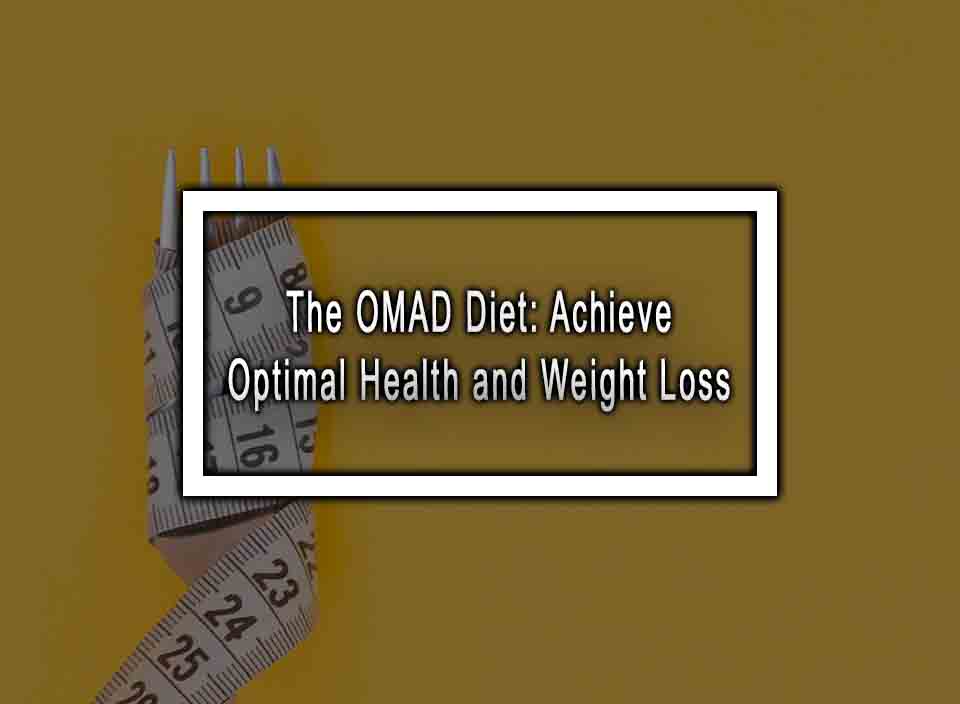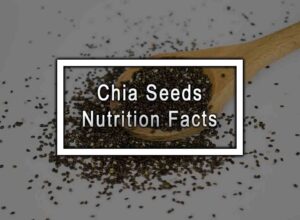The Principles Of The OMAD Diet
Take your weight loss journey to new heights with the OMAD diet! In the world of nutrition and fitness, the OMAD (One Meal a Day) regimen has gained significant popularity for its simplicity and efficiency in achieving weight loss goals while promoting overall well-being. In this article, we’ll explore the principles, benefits, and tips for following the OMAD diet, helping you embark on a transformative journey toward a healthier lifestyle.
How Does the OMAD Diet Work?
The OMAD diet revolves around the concept of fasting for the majority of the day and consuming all of your daily caloric intake in a single meal window. Typically, this involves fasting for 23 hours and breaking the fast with a well-rounded, nutrient-dense meal within a one-hour window.
Benefits of the OMAD Diet
1. Accelerated Weight Loss
By restricting your eating window to just one hour, the OMAD diet creates a calorie deficit, which is crucial for shedding unwanted weight. This eating pattern allows your body to tap into stored fat for energy, resulting in fat loss.
2. Increased Insulin Sensitivity
Regular fasting periods on the OMAD diet can enhance insulin sensitivity, leading to more stable blood sugar levels. Improved insulin sensitivity helps prevent insulin resistance and reduces the risk of developing type 2 diabetes.
3. Simplified Meal Planning
The OMAD diet eliminates multiple meal preparations throughout the day, making it not only a time-saver but also a practical option for those always on the go.
Tips for Successfully Embracing the OMAD Diet
1. Start Slowly: If you’re new to intermittent fasting, start by gradually increasing the fasting window until you feel comfortable with a 23:1 eating-fasting schedule.
2. Stay Hydrated: During the fasting period, it’s essential to stay hydrated. Drink plenty of water, herbal teas, or black coffee to curb hunger pangs and maintain satiety.
3. Prioritize Nutrient Density: Since you’ll be consuming all your daily nutrients in one meal, make sure to pack it with wholesome, nutrient-rich foods such as lean proteins, leafy greens, whole grains, and healthy fats.
Conclusion
Embarking on the OMAD diet can be a transformative experience, not only in terms of weight loss but also for overall health and well-being. By adopting a disciplined fasting approach and maintaining a nutrient-dense meal, you can achieve accelerated weight loss, enhanced insulin sensitivity, and simplified meal planning. Remember to start gradually, stay hydrated, and choose high-quality foods for optimal results. So why wait? It’s time to reap the benefits of the OMAD diet and embark on a journey toward a healthier, more vibrant you!
OMAD FAQ
Here are the most common questions about the One Meal a Day diet.
1. What can I eat on the One Meal a Day diet?
There are no specific restrictions on what you can eat during your one meal, although it is generally recommended to focus on whole, nutrient-dense foods. It is important to get a balance of proteins, carbohydrates, and fats to meet your nutritional needs.
2. Can I drink liquids during the fasting period?
Yes, you can drink non-caloric beverages such as water, black coffee, and herbal tea during the fasting period. However, it is advisable to avoid sugary drinks or any beverages that may break your fast.
3. Is the one-meal-a-day diet safe?
The OMAD diet can be safe for most healthy individuals. However, it may not be suitable for everyone, especially those with certain health conditions or who are underweight. It is always best to consult with a healthcare professional before making any significant dietary changes.
4. Can I lose weight on the One Meal a Day diet?
Yes, the OMAD diet can aid in weight loss as it helps create a calorie deficit. By limiting your food intake to one meal, you may consume fewer calories overall, leading to weight loss.
5. Are there any potential health risks associated with the OMAD diet?
While the OMAD diet can be safe for most people, it may not be suitable for individuals with certain medical conditions or those prone to disordered eating patterns. It is important to ensure you are meeting your nutritional needs and not restricting calories excessively.












